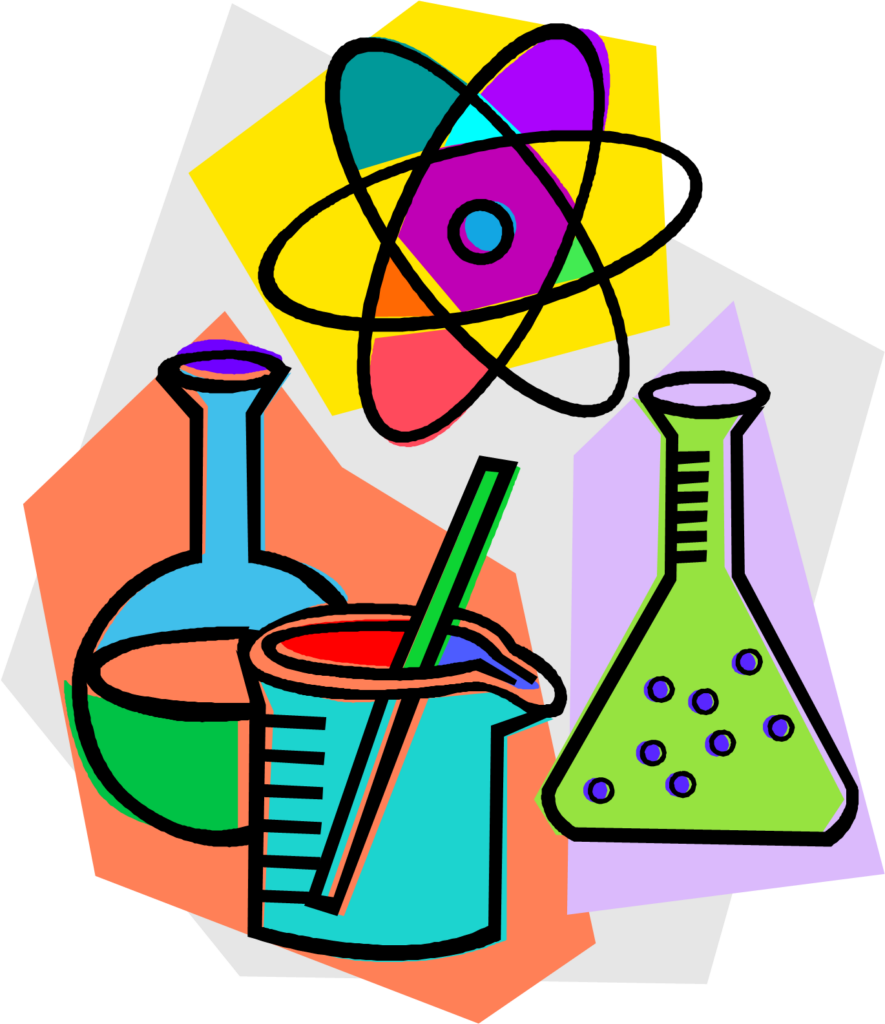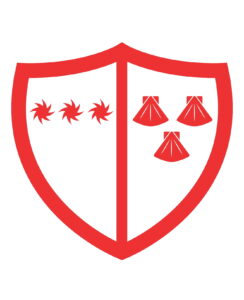Science

Science
At Leverton Primary School, we want our children to be naturally curious about the world around them. Our curriculum has been developed to ensure full coverage of the National Curriculum and to foster a sense of wonder about natural phenomena.
Science teaching at Leverton Primary School aims to give all children a strong understanding of the world around them whilst acquiring specific skills and knowledge to help them to think scientifically, gain an understanding of scientific processes and also an understanding of the uses and implications of science today and for the future. At Leverton, scientific enquiry skills are embedded in each topic the children study and these topics are revisited and developed throughout their time at school. All children will be encouraged to develop and use a range of skills including observations, planning and investigations and to question the world around them. Our aim is that children become independent learners equipped with relevant vocabulary for the topics taught.
Skills progression
Nursery and Reception
Understanding the world involves guiding children to make sense of their physical world and their community. The frequency and range of children’s personal experiences increases their knowledge and sense of the world around them.
ELG: Managing Self
Manage their own basic hygiene and personal needs, including dressing, going to the toilet and understanding the importance of healthy food choices.
ELG: The Natural World
- Explore the natural world around them, making observations and drawing pictures of animals and plants.
- Know some similarities and differences between the natural world around them and contrasting environments, drawing on their experiences and what has been read in class.
- Understand some important processes and changes in the natural world around them, including the seasons and changing states of matter.
Years 1 and 2
The principal focus of science teaching in key stage 1 is to enable pupils to experience and observe phenomena, looking more closely at the natural and humanly constructed world around them. They should be encouraged to be curious and ask questions about what they notice. They should be helped to develop their understanding of scientific ideas by using different types of scientific enquiry to answer their own questions, including observing changes over a period of time, noticing patterns, grouping and classifying things, carrying out simple comparative tests, and finding things out using secondary sources of information. They should begin to use simple scientific language to talk about what they have found out and communicate their ideas to a range of audiences in a variety of ways. Most of the learning about science should be done through the use of first-hand practical experiences, but there should also be some use of appropriate secondary sources, such as books, photographs and videos.
Working scientifically – years 1 and 2
During years 1 and 2, pupils should be taught to use the following practical scientific methods, processes and skills through the teaching of the programme of study content:
- asking simple questions and recognising that they can be answered in different ways
- observing closely, using simple equipment
- performing simple tests
- identifying and classifying
- using their observations and ideas to suggest answers to questions
- gathering and recording data to help in answering questions.
Years 3 and 4
The principal focus of science teaching in lower key stage 2 is to enable pupils to broaden their scientific view of the world around them. They should do this through exploring, talking about, testing and developing ideas about everyday phenomena and the relationships between living things and familiar environments, and by beginning to develop their ideas about functions, relationships and interactions. They should ask their own questions about what they observe and make some decisions about which types of scientific enquiry are likely to be the best ways of answering them, including observing changes over time, noticing patterns, grouping and classifying things, carrying out simple comparative and fair tests and finding things out using secondary sources of information. They should draw simple conclusions and use some scientific language, first, to talk about and, later, to write about what they have found out.
Working scientifically – years 3 and 4
During years 3 and 4, pupils should be taught to use the following practical scientific methods, processes and skills through the teaching of the programme of study content:
- asking relevant questions and using different types of scientific enquiries to answer them
- setting up simple practical enquiries, comparative and fair tests
- making systematic and careful observations and, where appropriate, taking accurate measurements using standard units, using a range of equipment, including thermometers and data loggers
- gathering, recording, classifying and presenting data in a variety of ways to help in answering questions
- recording findings using simple scientific language, drawings, labelled diagrams, keys, bar charts, and tables
- reporting on findings from enquiries, including oral and written explanations, displays or presentations of results and conclusions
- using results to draw simple conclusions, make predictions for new values, suggest improvements and raise further questions
- identifying differences, similarities or changes related to simple scientific ideas and processes
- using straightforward scientific evidence to answer questions or to support their findings.
Years 5 and 6
The principal focus of science teaching in upper key stage 2 is to enable pupils to develop a deeper understanding of a wide range of scientific ideas. They should do this through exploring and talking about their ideas; asking their own questions about scientific phenomena; and analysing functions, relationships and interactions more systematically. At upper key stage 2, they should encounter more abstract ideas and begin to recognise how these ideas help them to understand and predict how the world operates. They should also begin to recognise that scientific ideas change and develop over time. They should select the most appropriate ways to answer science questions using different types of scientific enquiry, including observing changes over different periods of time, noticing patterns, grouping and classifying things, carrying out comparative and fair tests and finding things out using a wide range of secondary sources of information. Pupils should draw conclusions based on their data and observations, use evidence to justify their ideas, and use their scientific knowledge and understanding to explain their findings.
Working scientifically – years 5 and 6
Working scientifically – years 5 and 6 During years 5 and 6, pupils should be taught to use the following practical scientific methods, processes and skills through the teaching of the programme of study content:
- planning different types of scientific enquiries to answer questions, including recognising and controlling variables where necessary
- taking measurements, using a range of scientific equipment, with increasing accuracy and precision, taking repeat readings when appropriate
- recording data and results of increasing complexity using scientific diagrams and labels, classification keys, tables, scatter graphs, bar and line graphs
- using test results to make predictions to set up further comparative and fair tests
- reporting and presenting findings from enquiries, including conclusions, causal relationships and explanations of and degree of trust in results, in oral and written forms such as displays and other presentations
- identifying scientific evidence that has been used to support or refute ideas or arguments
Long Term Plan







